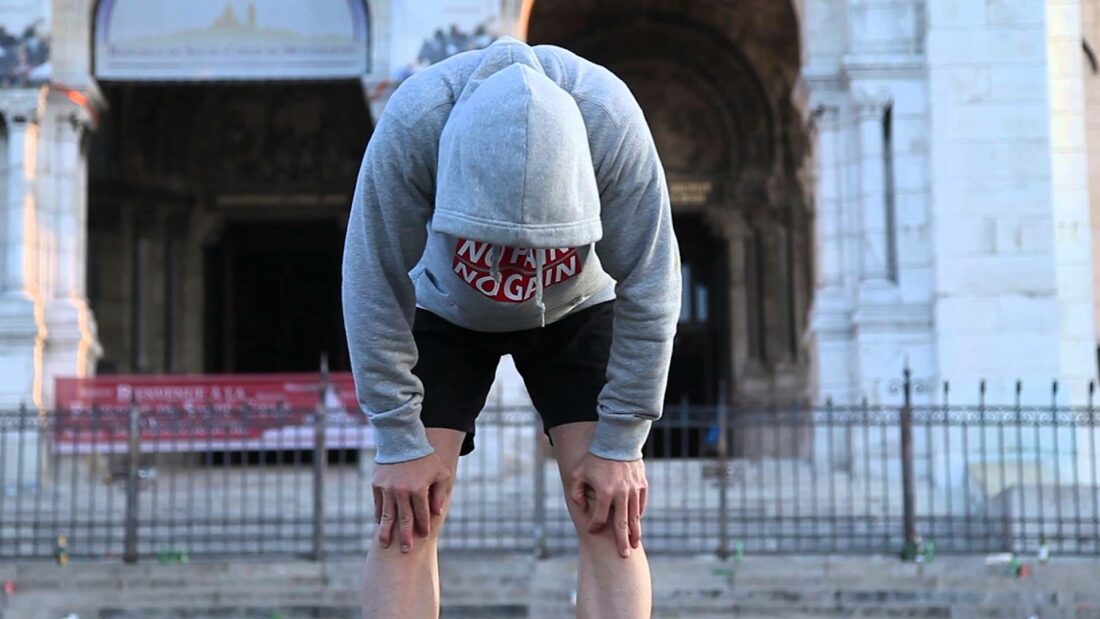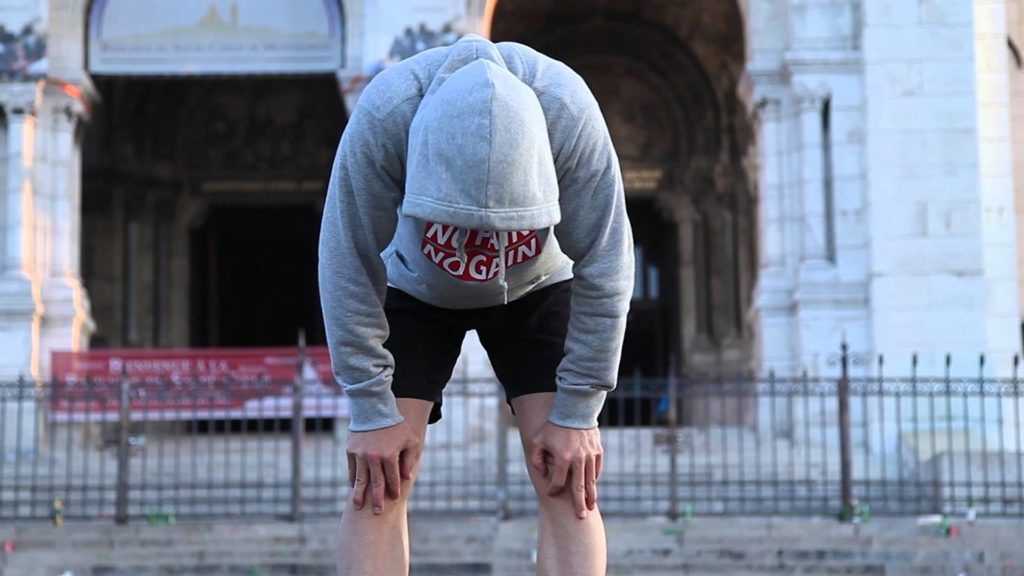Everything you need to know about a dreaded DNF
We all have bad days. So you didn't end up finishing that goal race. How do you bounce back?


DNF. Did not finish. That’s an acronym few want associated with their name after race day yet, it happens in every major running event and to a surprising amount of people.
That includes elite Canadian distance runner Leslie Sexton, who has had to drop out on a number of occasions. We reached out to Sexton for advice on how best to avoid or bounce back from a DNF.
Canadian Running: What are the main reasons that one might consider not finishing a race?
Leslie Sexton: I hate DNFs, and it’s important to avoid them if at all possible with some exceptions. The obvious one is injury. If you’re hurt and continuing to race, will make it worse, stop. Ideally, you don’t want to put yourself in a position where you’re starting a race injured, because it can be hard to make the call to drop out. My other exception is the marathon (or anything longer). In a half-marathon or shorter, if you aren’t hurt but the race is going poorly, you should still suck it up and finish. The marathon is a different beast: it will beat you up and require significant recovery. At some point it isn’t worth destroying your body to push through to a finish that’s well off of your goal.
Obviously, it’s best to avoid a DNF in the first place. Toe the line healthy, know the conditions you’ll be racing in and adjust your goals and pacing accordingly. I don’t regret any of my DNFs. I do however regret the mistakes in my preparation that led to the DNF.
CR: How does one actually drop out of the race (What do you do, where do you go)?
LS: I’ve learned the hard way that the logistics of a DNF can be tough. No one wants to have a plan to drop out but I can offer a few tips to make things easier. If you do have to drop out, find a course marshal or water station. If you’re injured, people involved with the race can get you medical help or a ride back. Spectators and course marshals have been great to me on my bad days by loaning me their phones or letting me borrow their jacket so I could stay warm while waiting on the course. If you stop, someone will ask if you need help. Don’t be a tough guy, let them help you out.
CR: What mental strategies would you recommend for someone who has had to DNF?
LS: It’s okay to be upset. In fact, you should be. A DNF shouldn’t be taken lightly or it can become a habit. Take some time to wallow: it’s normal to hate running for a day or two. Take a few rest days and do something other than running that makes you happy. But once that’s over, don’t dwell. Remind yourself that one result doesn’t define you or determine your self-worth, and you still have great fitness from your buildup. Put in a few weeks of training and then try racing something shorter to get your confidence back. You’ll probably be pleasantly surprised with your result.
And in response to some recent controversy regarding not running but still finishing, Sexton adds, “Also, if you DNF and get a ride back [to the start/finish], please DON’T CROSS THE FINISH LINE!”
Check out the latest buyer's guide:
Best trail running gear for spring 2024
Explore our favourite trail running gear for short trips and longer treks, from watches to gaiters


